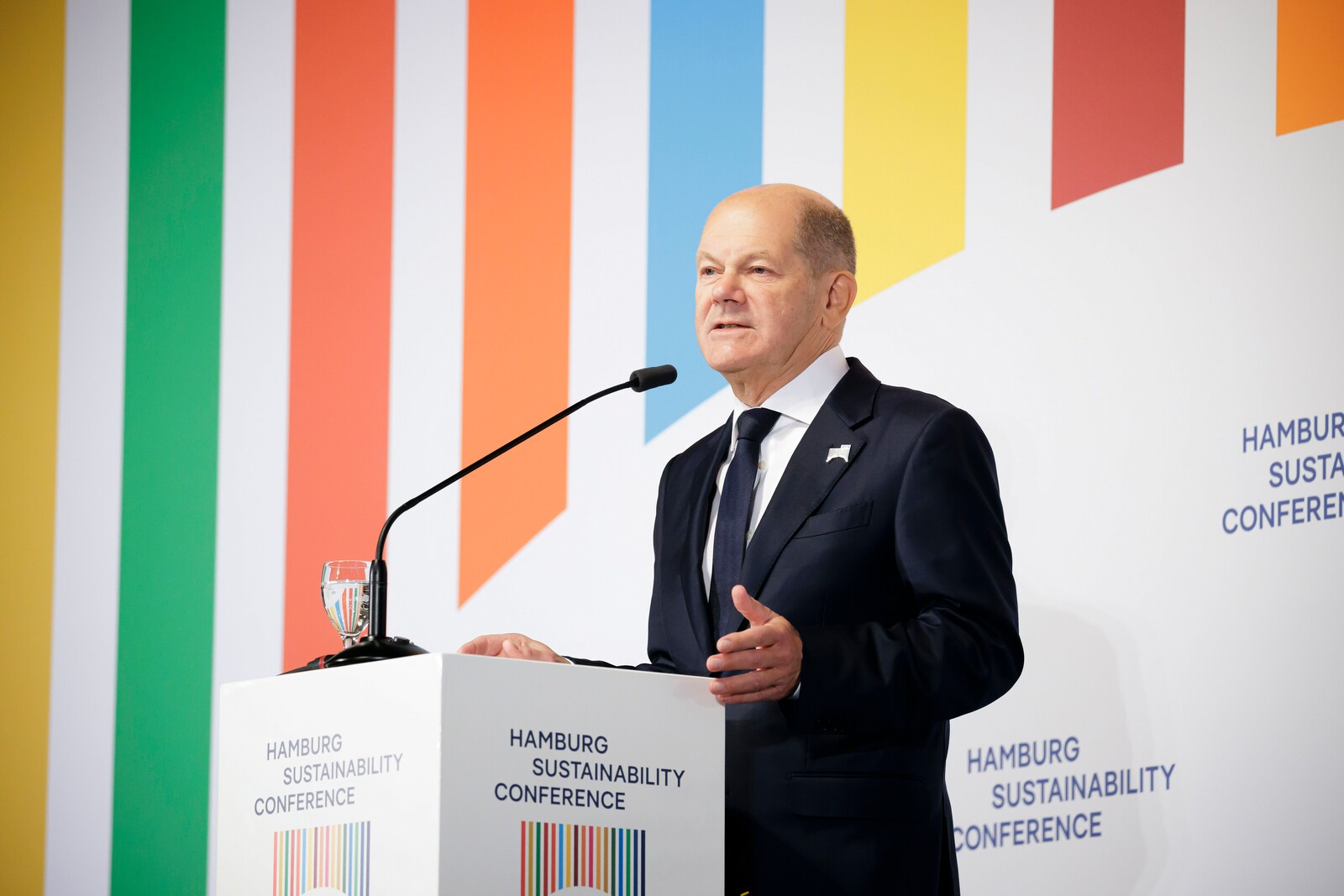Germany is the first G20 country to join the Global Alliance Against Hunger and Poverty
By joining, the German government intends to contribute to promoting sustainable agriculture and strengthening social safety nets, such as minimum wage policies. It will also provide the Brazilian initiative with tools developed through the Global Alliance for Food Security.

Germany has joined the Global Alliance Against Hunger and Poverty. The announcement was made this Monday, October 7th, during the Hamburg Sustainability Conference. The proposal is one of the priorities of Brasil's G20 presidency and aims to allocate resources to programs that effectively reduce hunger and poverty—two of the Sustainable Development Goals (SDGs).
By joining, the German government intends to contribute to promoting sustainable agriculture and strengthening social safety nets, such as minimum wage policies. Germany is also making the tools developed through the Global Alliance for Food Security, launched by Minister Svenja Schulze in 2022, available to the proposal developed by Brasil during its G20 presidency.
Promoted in collaboration with the World Bank, these tools include national preparedness plans for food and nutrition security in 25 countries and a global dashboard that provides real-time information on the world food situation.
“We are deeply honored that Germany has joined and we invite other countries and institutions to participate, so that by November, at the G20 Summit, the Alliance can emerge with the partnerships needed to make it truly global,” commented the Ministry of Social Development and Assistance, Family and Fight against Hunger, Wellington Dias. “Our proposal is simple and action-oriented: an alliance to implement well-designed social policies focused on the poorest and most vulnerable,” he added.
“We are deeply honored that Germany has joined and we invite other countries and institutions to participate, so that by November, at the G20 Summit, the Alliance can emerge with the partnerships needed to make it truly global,” commented the Ministry of Social Development and Assistance, Family and Fight against Hunger, Wellington Dias. “Our proposal is simple and action-oriented: an alliance to implement well-designed social policies focused on the poorest and most vulnerable,” he added.
Global Alliance
The Global Alliance's mission will be to support and accelerate efforts to eradicate hunger and poverty by 2030, SDGs 1 and 2. It will also seek to reduce inequalities and contribute to revitalizing global partnerships for sustainable development and for the achievement of other related SDGs, advocating sustainable, inclusive and just transition paths. The Alliance is open to governments, international organizations, educational institutions, development funds and banks, and philanthropic foundations.
“We know how to eradicate hunger and poverty. We have all the necessary knowledge and financial resources in the world. It's a feasible goal,” argued Wellington Dias. “We just need to build the political will, mobilize these resources consistently where they are abundant, and direct them to those who need them most. This is exactly the proposal of the Global Alliance Against Hunger and Poverty,” he concluded.
Translated by PGET-UFSC